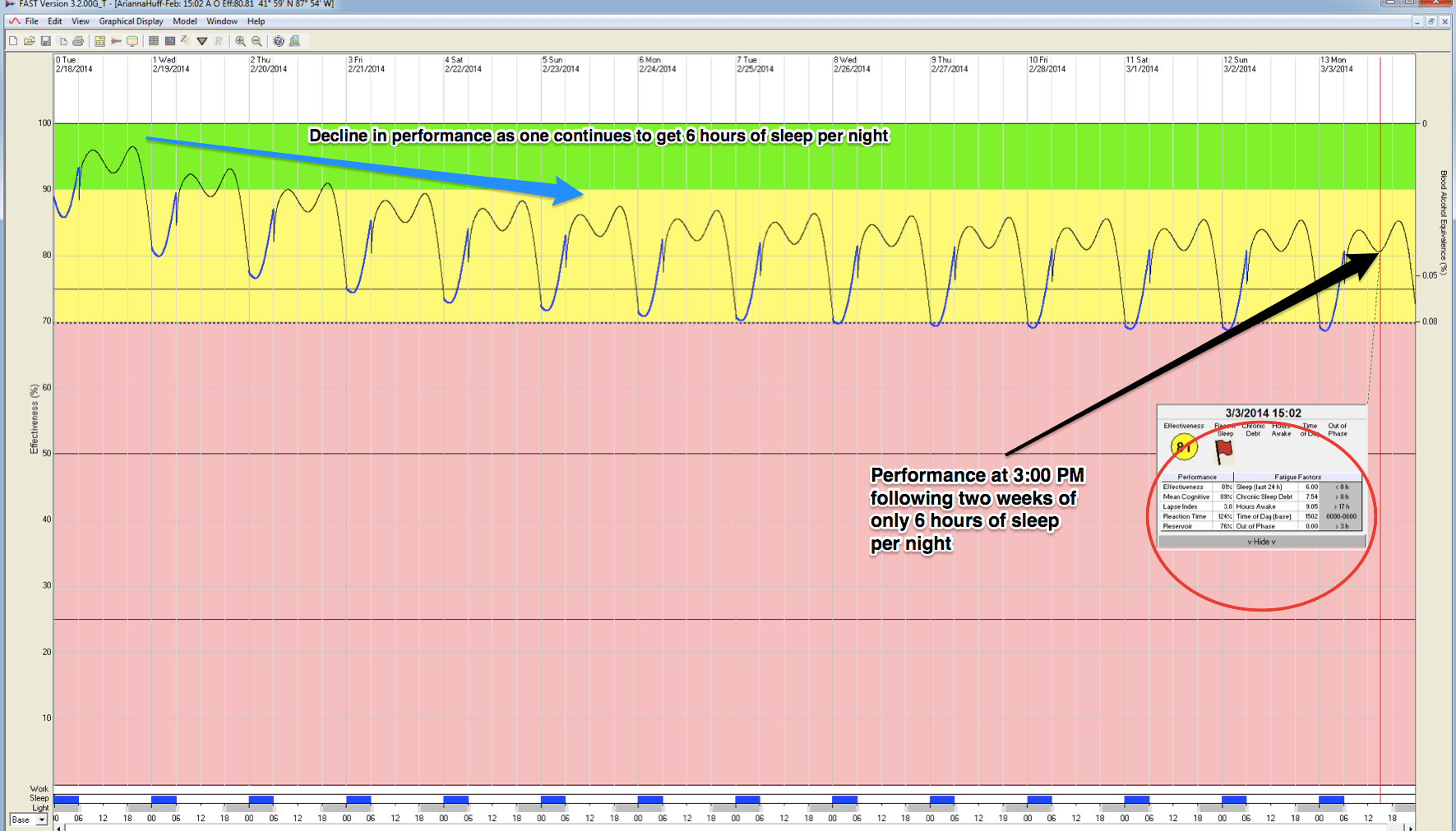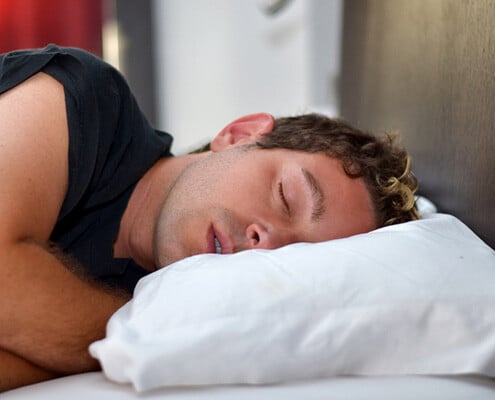This weekend we are springing forward and ‘losing’ an hour of sleep.
Adjusting to a one-hour time change shouldn’t take more than a day or so for a regularly well-rested person. But, since studies show that as a society we are already sleep deprived, an hour of our time in bed is not really a sacrifice many of us can afford to make. Those who routinely sleep six hours a night, have very early wake up times for work (6:00 AM or earlier), and teenagers already battling their biological tendency to sleep late will be hardest hit by this weekend’s time change.
While there’s no quick magic solution for adjusting to this time change, there are a few things you can do to make sure the effects of this circadian disruption are minimized by Monday morning:
- Start early! Adjust your bedtime by 15 minutes starting Thursday night.
- Set all your clocks forward one hour early Saturday evening, then have dinner and go to bed based on those clocks.
- Avoid incurring any or additional sleep debt caused by staying up late on the weekend.
- Wake up on Sunday morning, get some exercise, and get outside early in the day for some daylight exposure.
- On Sunday evening, dim the lights and close the blinds to send signals to your brain that night time is coming. Grab a warm shower before bed and relax with a book (don’t stare at your TV or mobile device) or listen to music or podcast.
For those who have a harder time with the adjustment, keep up with the above tips for a few days and:
- Be cautious about performing any safety sensitive work and while driving or cycling
- Even if you don’t do dangerous work, fatigue may affect your cognitive ability – be extra diligent in your work projects and decision making
If you prioritize getting adjusted quickly, the effects of the time change should be short lived. In the meantime, grab that extra cup of coffee on Monday – but be sure to cut it out after noon – you don’t want any caffeine running through your system when you are trying to fall asleep a little earlier than you are used to.




